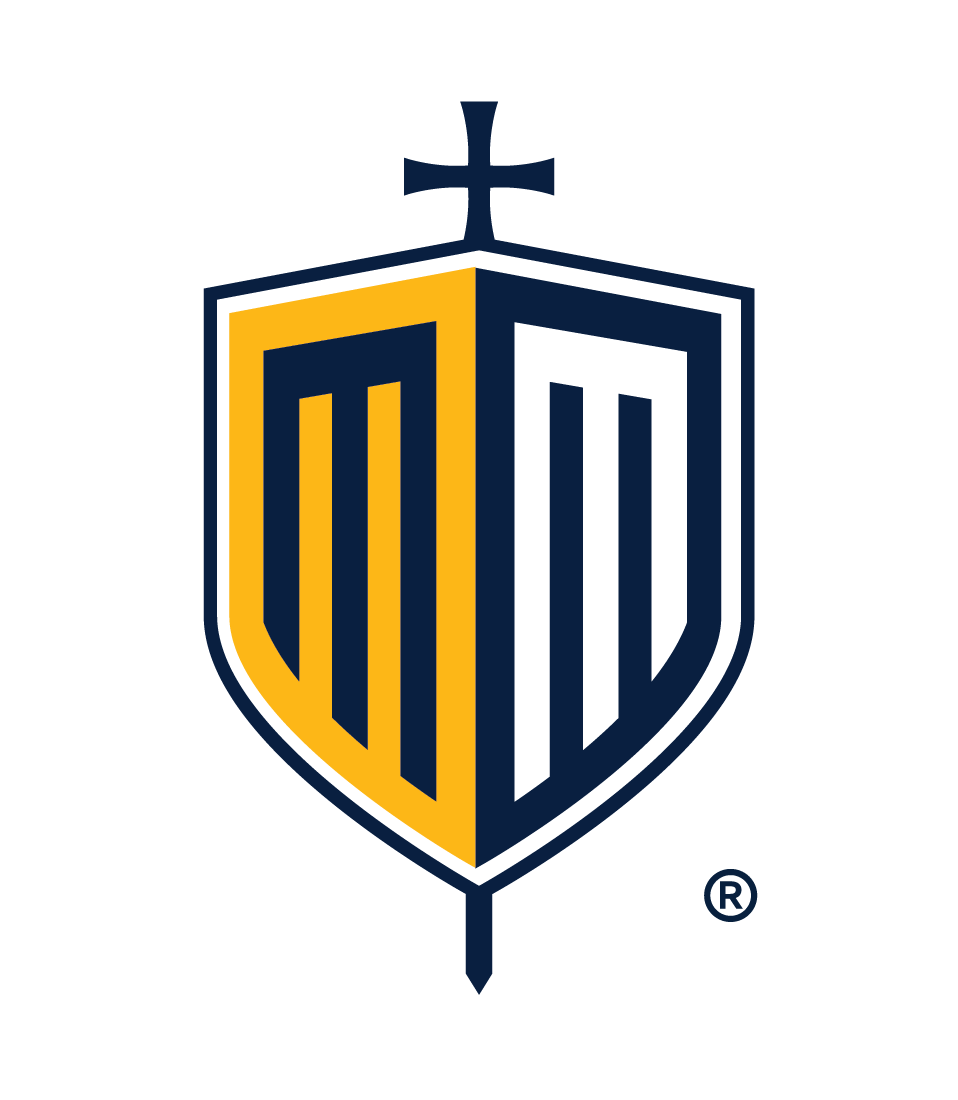Taylor, Dr. Brandon

Education
M.A., University of Victoria
Ph.D., University of Toronto
Courses Taught
ENG 103 Composition: The Essay
ENG 104 Composition: Critical Writing
ENG 310 Early American Literature
ENG 343 Early British Literature
ENG 355 Shakespeare’s Drama
ENG 360 Mythology
ENG 371 English Language: Grammar and Linguistics
Biography
Brandon Taylor’s research explores how early modern writers used the evolving languages of law and theology to confront new forms of collective power. His current book project, Empire of the Unincorporated, examines how literature captured the tensions of incorporation in a world shaped by colonial expansion and the rise of bureaucratic authority. His approach combines rhetorical and historical analysis, informed by scholarship on political theology, to understand how texts articulated ideas of collective identity and institutional legitimacy in seventeenth-century England.
He is also developing a TEI-based digital edition of The Letters of John Chamberlain, building a public archive of early modern correspondence at earlymodernletters.org. The project recovers a key voice in Jacobean political culture and offers a model for collaborative textual scholarship.
In the classroom, Taylor emphasizes close reading and historical context across literature and rhetoric. His broader work engages questions of power, responsibility, and belief in early modern England. He shows students how texts can explore the challenges people face in navigating social and cultural life.
Research Interests
Authors and Texts
- John Milton
- John Donne
- Aphra Behn
- William Shakespeare
- Renaissance and Restoration Literature
Historical Contexts
- The English Civil Wars (1642–1651)
- The New Model Army
- Corporations
- Charter Law
- Early Modern Capitalism
Religious and Political Thought
- Confessional conflict and religious identity in seventeenth-century England
- Political theology and the rhetoric of divine authority
- Church governance, congregationalism, and the moral language of corporate order







